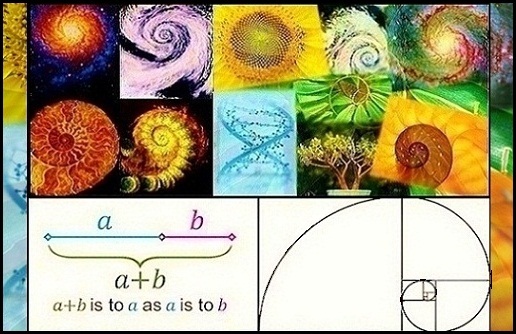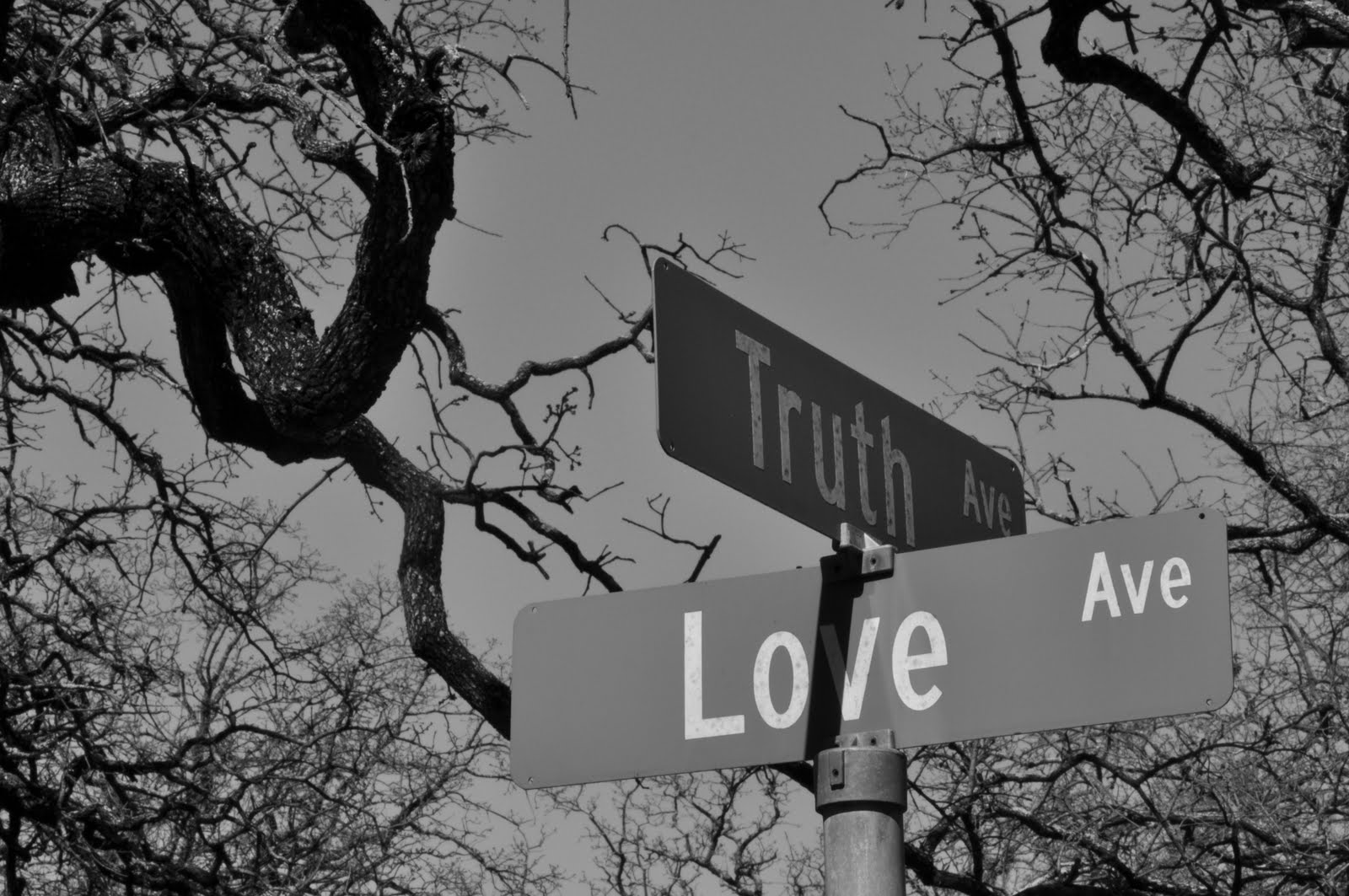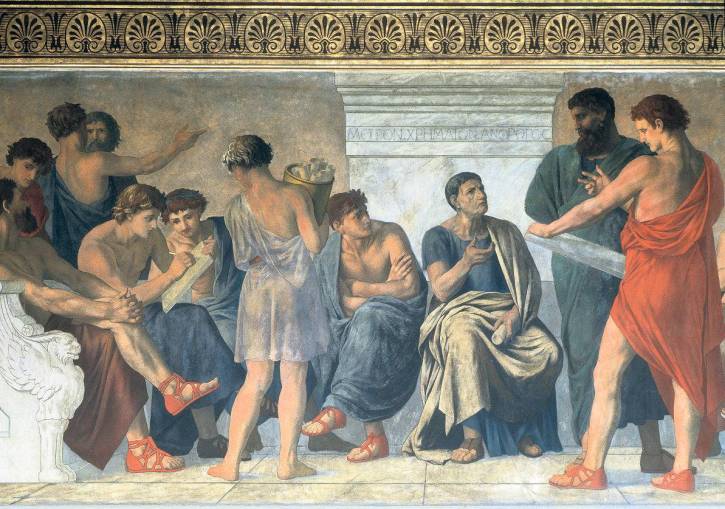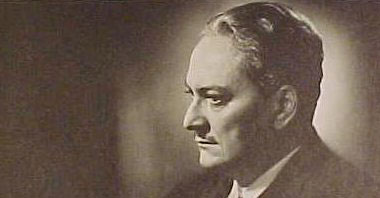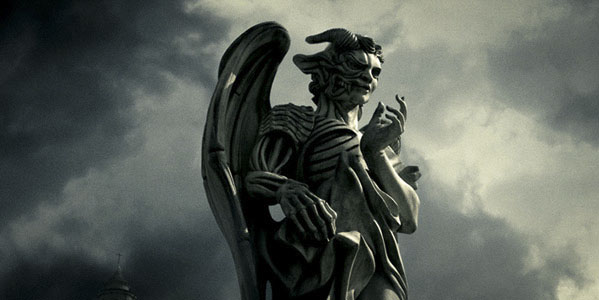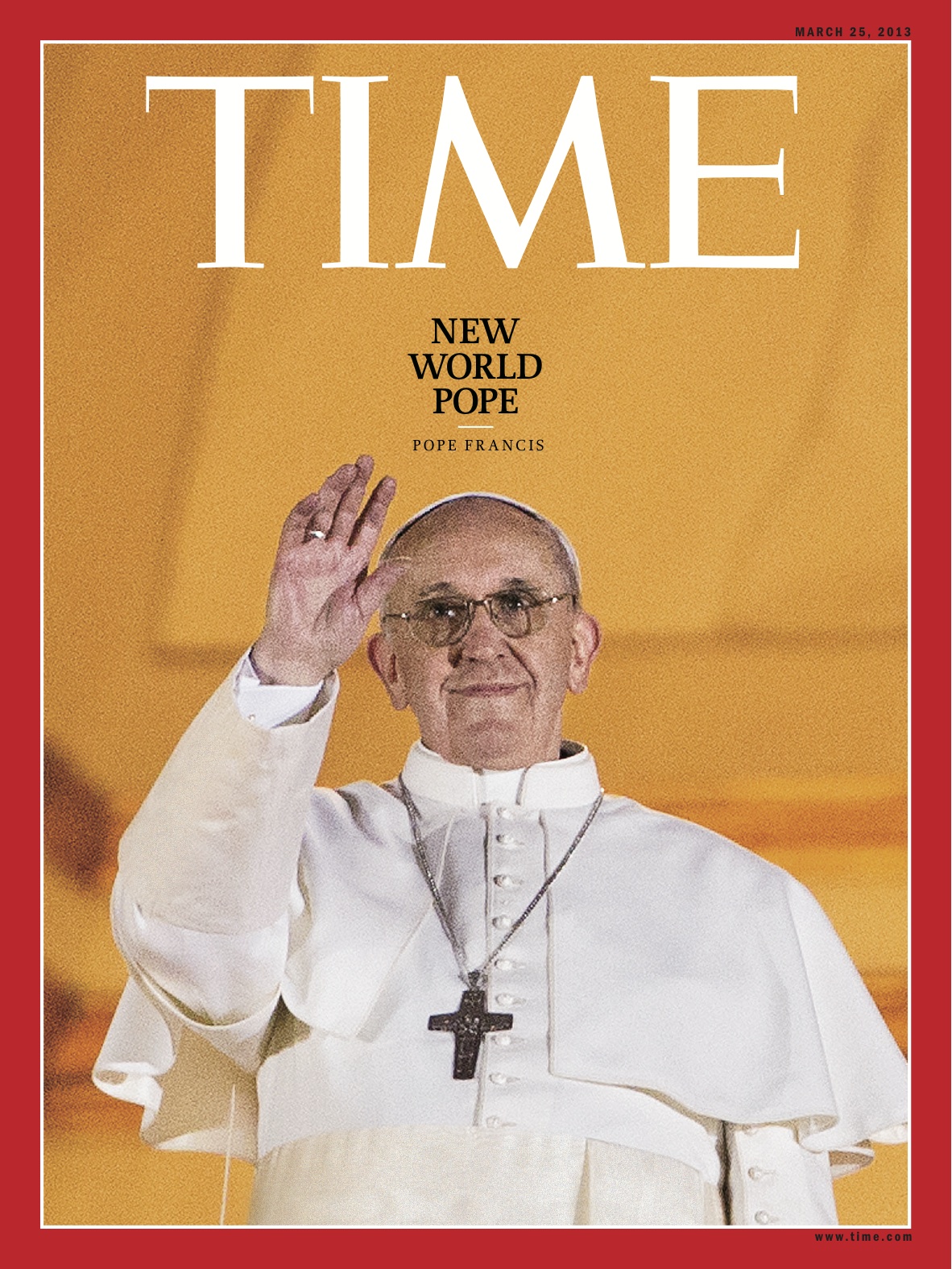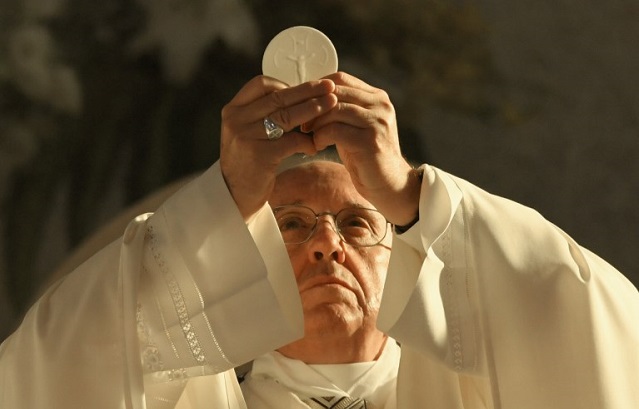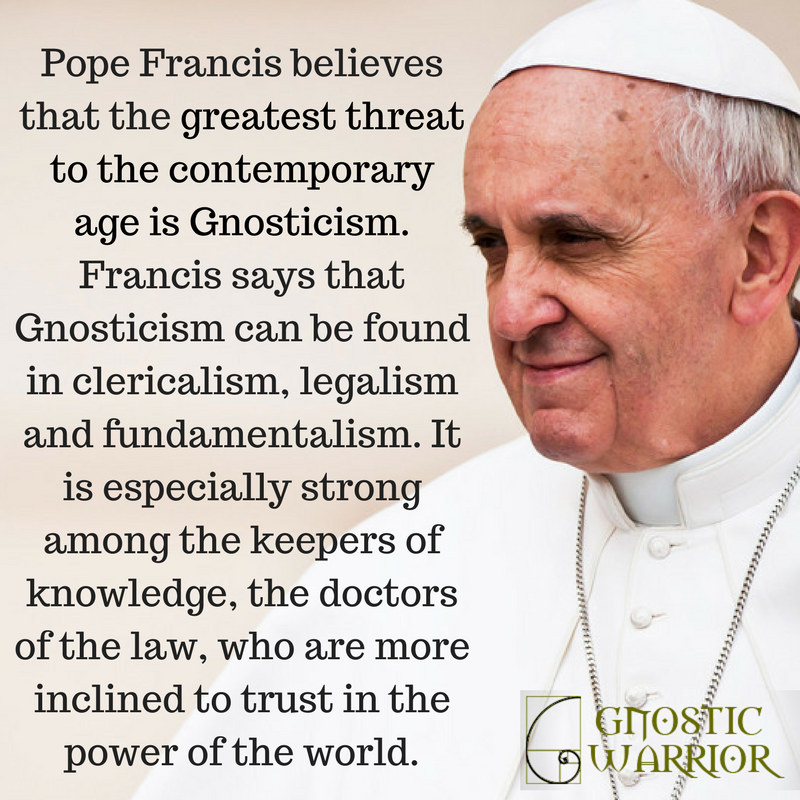
Here is an excerpt from an interesting article by Crux Now which states that Pope Francis believes that the greatest threat to the contemporary age is Gnosticism. Francis says that Gnosticism can be found in clericalism, legalism and fundamentalism. It is especially strong among the keepers of knowledge, the doctors of the law, who are more inclined to trust in the power of the world.
This article is interesting given the fact that Pope Francis has spoken out against the Gnostics several times since he was installed as Pope in 2013. For example, in November 2015 Francis had warned the Church about two temptations, “Pelagianism and Gnosticism.” He had said, “trusting in clear, logical reasoning” which “loses the tenderness of the flesh of the brother.” The fascination of Gnosticism—he said—is that of “ a purely subjective faith whose only interest is a certain experience or a set of ideas and bits of information which are meant to console and enlighten, but which ultimately keep one imprisoned in his or her own thoughts and feelings”
Crux Now reports:
“The gnostic illusion of the wealthy west is that technology has made it possible to construct almost anything without reference to external realities: who, when, or even if, people should be born and die; what our gender should be; what our lives mean.
In western politics, gnosticism is bipartisan: it is as visible in the nice-sounding abstractions of the liberal technocrats as in the reality-defying assertions of the nascent populists.
Francis has long perceived in this rise of gnosticism a feature of our age – it underpins his critique of the technocratic paradigm in his eco-encyclical, Laudato Sí. But he sees it also, closer to home, right in the heart of the Church, among those who recoil from flesh-and-blood reality, preferring to remain in the realm of ideas, principles, theories and laws.
It is an attitude that starts not from the complex nitty-gritty of real people’s lives, but the seductively neat principles of abstraction.
Catholic gnosticism, Francis suggests, is found in clericalism, legalism and fundamentalism. It is especially strong among the keepers of knowledge, the doctors of the law, who are more inclined to trust in the power of the world – concepts, doctrines, norms – than in the fleshly poverty of Christ made visible in those who suffer.
When the Catholic gnostics speak, it is hard to glimpse the carnal reality of God – Jesus Christ, visible in the vulnerable and suffering – because He has been buried in layers of gnōsis or special knowledge. Truth is not a person, an experience, a concrete act of mercy, but something remote and nebulous, that can only be grasped through expertise, or enlightenment.”

Moe is the founder of GnosticWarrior.com. He is a father, husband, author, martial arts black belt, and an expert in Gnosticism, the occult, and esotericism.


